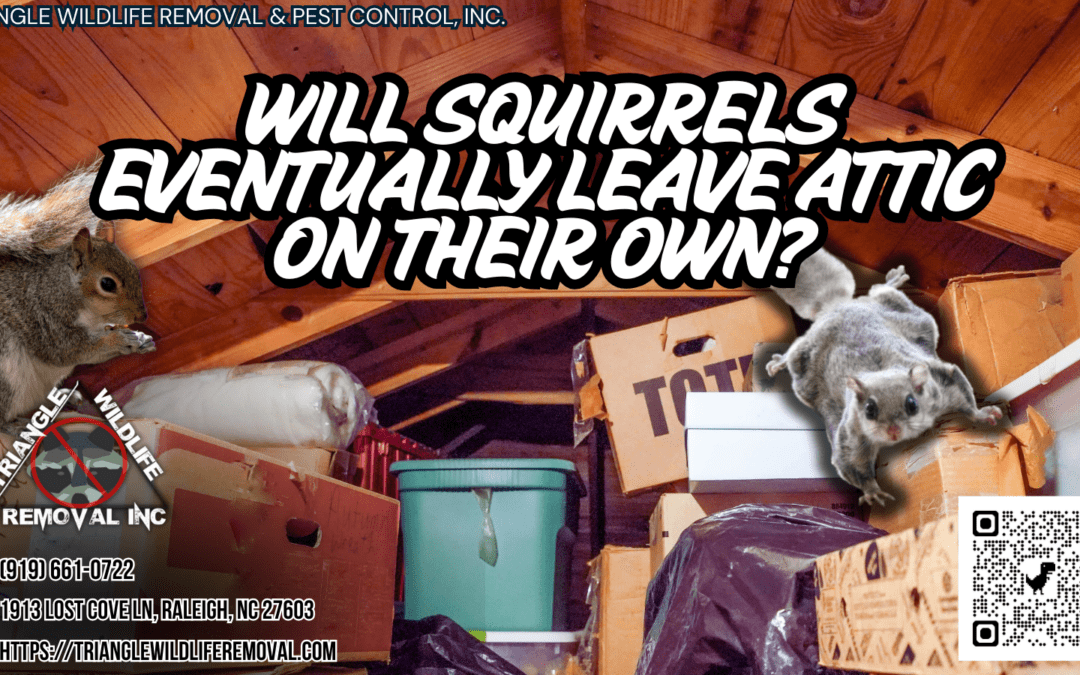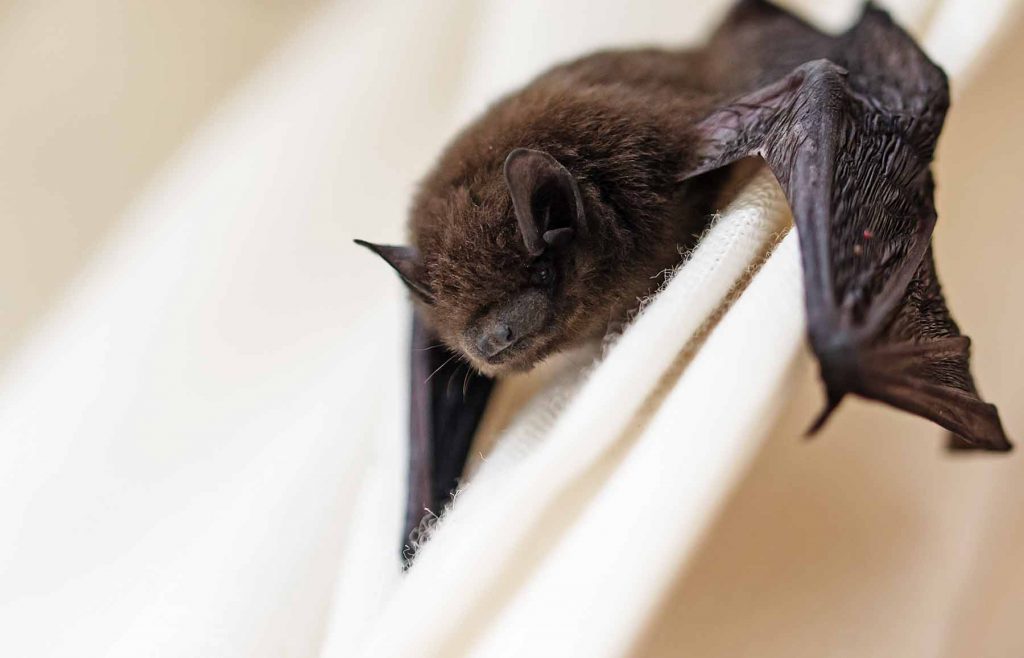Squirrels finding their way into attics can be a common occurrence for homeowners, leading to concerns about when or if these furry intruders will vacate the premises. Understanding the typical behavior of squirrels in attics and the factors influencing their departure is crucial in determining the likelihood of them leaving on their own. While there are signs to look out for that may indicate squirrels are preparing to exit, the timeline for their departure can vary. So, will squirrels eventually leave the attic on their own? Let’s explore the factors at play.
Key Takeaways
- Squirrels may leave attics voluntarily due to environmental changes and predator presence.
- Monitoring signs like reduced noise and nest disruption helps predict squirrel departure.
- Squirrels stay in attics for weeks to months, influenced by food, water, and shelter availability.
- Encourage squirrel departure using light, noise, repellents, and providing alternative shelter.
Squirrel Behavior in Attics
In attics, squirrels exhibit behaviors that are driven by their natural instincts and need for shelter. One common behavior is squirrel nesting, where these animals create cozy homes using materials like leaves, twigs, and insulation. This nesting behavior is crucial for squirrels to raise their young and stay protected from predators.
However, this nesting activity can lead to attic damage. Squirrels may chew on wood, wires, and insulation, causing potential fire hazards and structural issues in homes. Their constant gnawing can also result in costly repairs for homeowners. Additionally, squirrels may leave behind droppings and urine, which can create unsanitary conditions and health risks for inhabitants.
Understanding squirrel behavior in attics is essential for homeowners dealing with these pests. By recognizing their nesting habits and the potential for attic damage, individuals can take proactive measures to prevent infestations and protect their properties. It is crucial to address squirrel issues promptly to minimize risks and ensure a safe living environment.
Factors Influencing Squirrel Departure
Squirrel departure from attics is influenced by various factors, including environmental conditions, availability of food sources, and the presence of predators. These factors play a crucial role in determining when squirrels may choose to leave their attic habitats. Understanding the nesting habits and food preferences of squirrels can provide insights into their potential departure patterns.
| Factors Influencing Squirrel Departure |
|---|
| Environmental Conditions |
| Food Sources |
| Presence of Predators |
| Nesting Habits |
| Social Interactions |
Environmental conditions such as temperature and weather can impact squirrel behavior. If the attic becomes too hot or too cold, squirrels may seek alternative shelter. Availability of food sources is also a significant factor. If squirrels find abundant food sources outside the attic, they are more likely to leave. The presence of predators in the vicinity can also prompt squirrels to vacate the attic for safety. Additionally, understanding their nesting habits can give clues as to when they may depart in search of a more suitable nesting location.
Signs of Squirrels Leaving Attic
When observing an attic that has been frequented by squirrels, one can look for specific indicators that suggest the rodents may be preparing to vacate the space. These signs may include changes in squirrel activity and the relocation of their nests within the attic. Here are some key indicators to watch for:
- Decreased Squirrel Noises: A reduction in the sounds of squirrels moving around or vocalizing may indicate that they are preparing to leave.
- Less Damage: If there is a decrease in new damage to the attic structure or items stored in the attic, it could mean that the squirrels are planning to move out.
- Nest Disruption: Squirrels may start dismantling or moving their nests, signaling their intention to leave the attic.
- Increased Outdoor Sightings: More frequent sightings of squirrels in the surrounding outdoor area could suggest that they are starting to spend less time in the attic as they prepare to depart.
Monitoring these signs can provide insight into when squirrels are likely to leave the attic voluntarily.
How Long Will Squirrels Stay?
Observing the duration of squirrel presence in an attic can offer insights into their typical stay. Squirrels are known for their curious and adaptable nature, often seeking warm and safe spaces to nest and raise their young. In general, squirrels may stay in an attic for a few weeks to several months, depending on various factors such as the availability of food, water, and shelter.
Understanding squirrel habits is crucial in predicting their length of stay. Squirrels are active during the day, foraging for food and materials to build their nests. They tend to establish temporary shelters in attics during mating seasons or to raise their young. Once the young squirrels are old enough to venture out on their own, the adult squirrels may start considering relocation to find a more suitable habitat.
While some squirrels may leave on their own accord after a short stay, others may require encouragement to relocate. In the next section, we will explore strategies to gently prompt squirrels to exit the attic without causing harm.
Encouraging Squirrels to Exit
What effective methods can be employed to encourage the departure of squirrels from an attic peacefully and safely? When dealing with squirrels in your attic, there are humane methods and repellent options that can help encourage these critters to leave on their own accord.
Methods to Encourage Squirrels to Exit:
- Use Light and Noise: Squirrels prefer quiet, dark spaces; using bright lights and playing loud noises in the attic can make it less inviting for them.
- Seal Entry Points: Once the squirrels have left, ensure you seal all possible entry points to prevent their return.
- Provide Alternative Shelter: Place a squirrel house or box in a nearby tree to give them a new, appealing home outside your attic.
- Natural Repellents: Sprinkle natural repellents like predator urine or peppermint oil near entry points to deter squirrels from re-entering.

